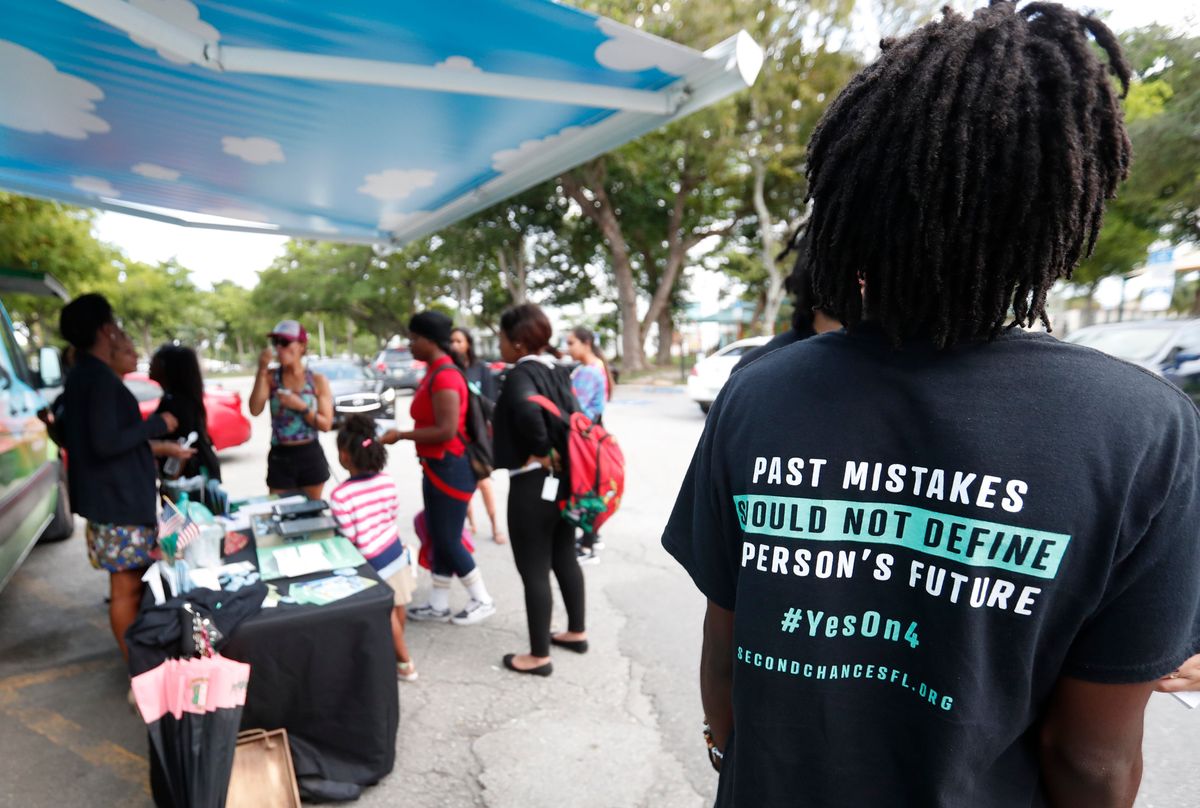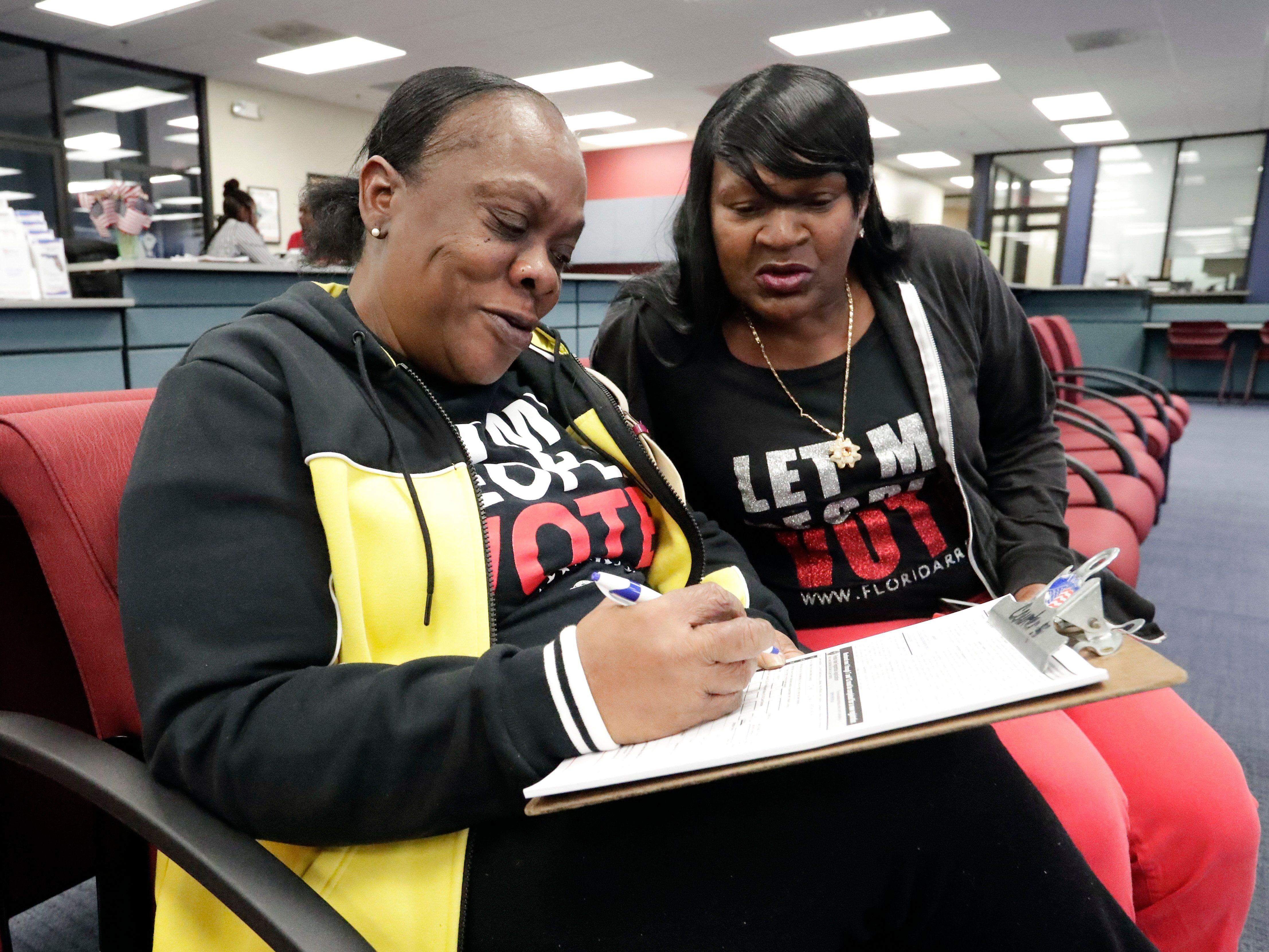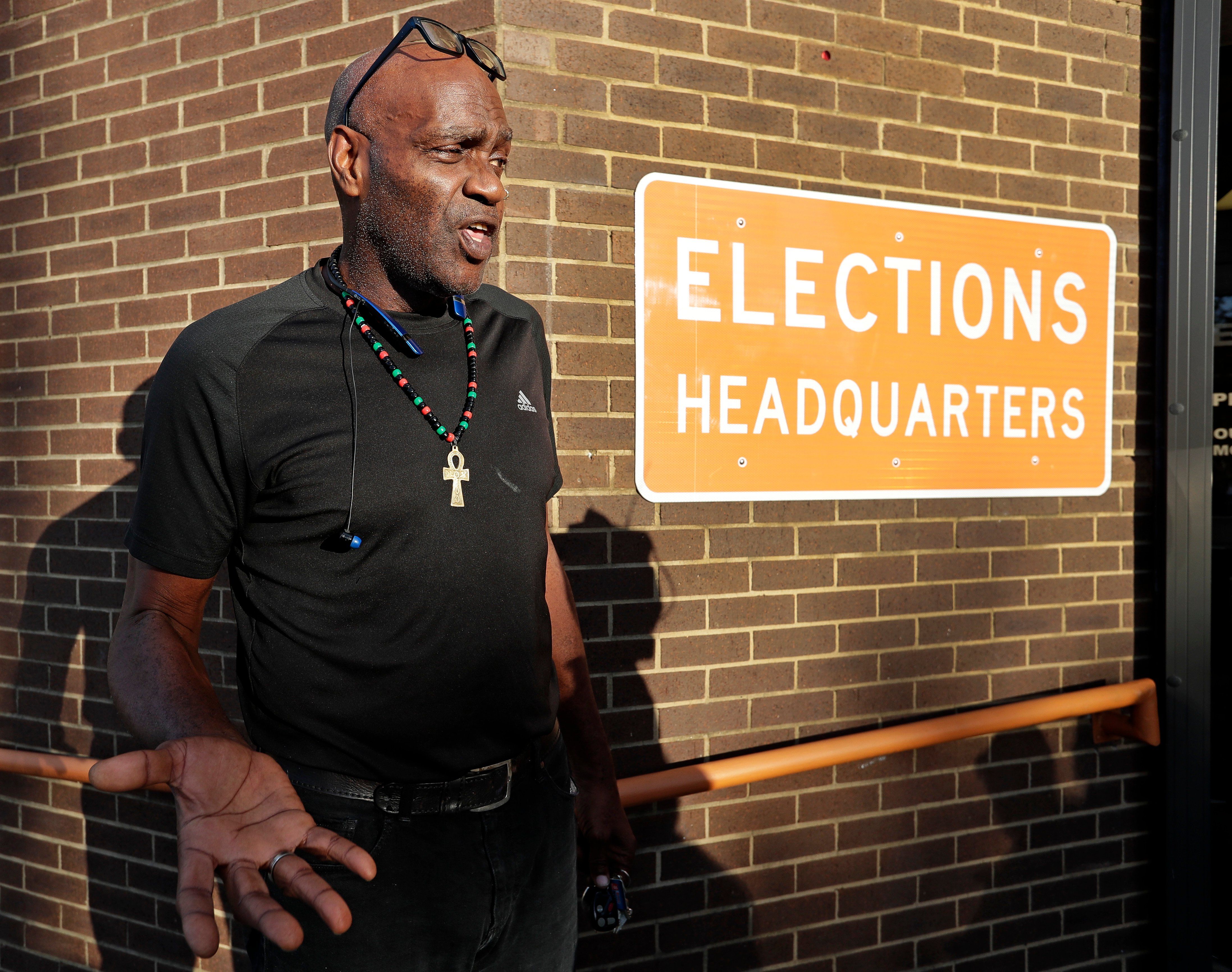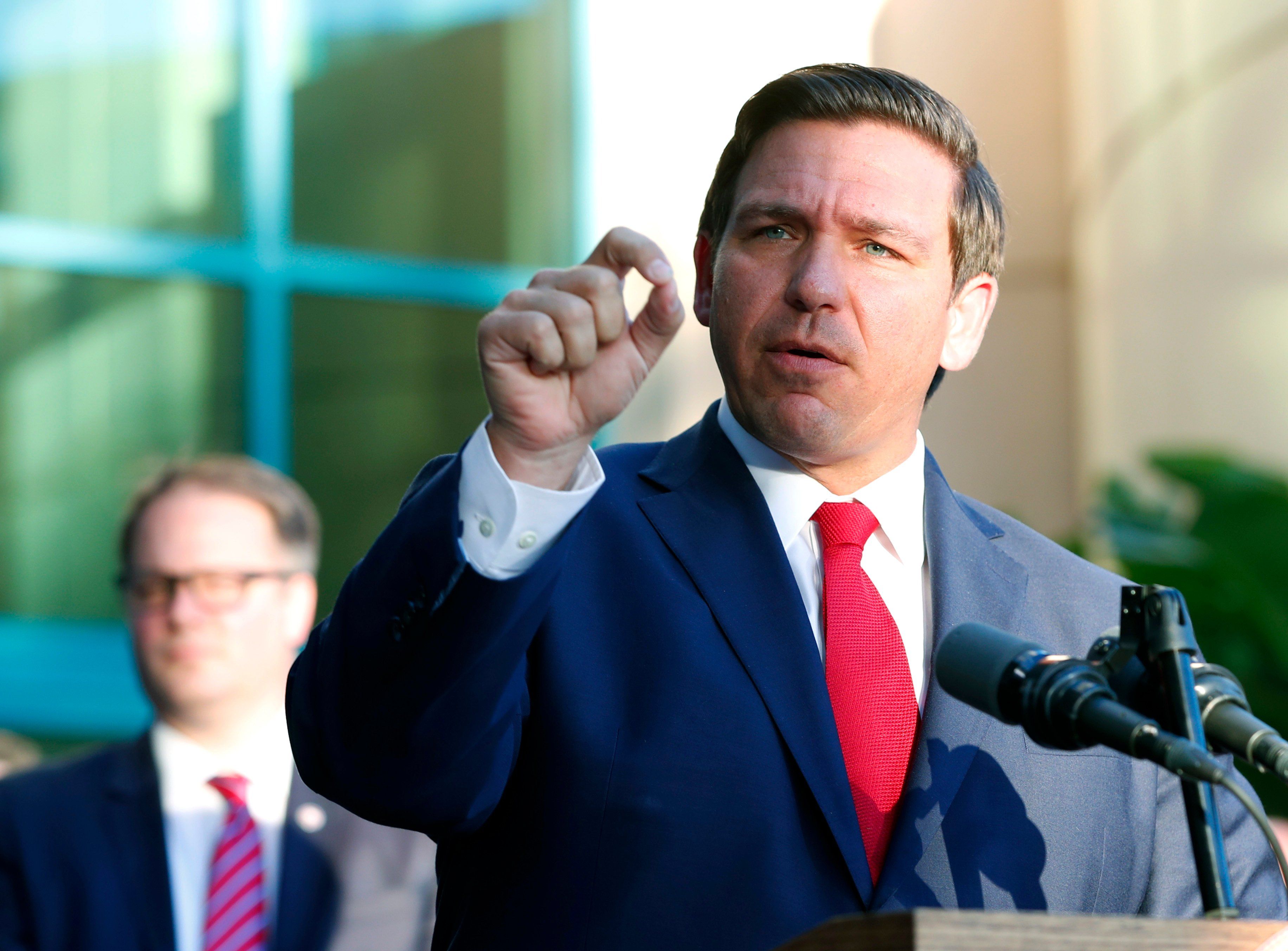
Florida’s Ex-Felon Voters Face New Barrier
A highly touted ballot initiative passed last November by Florida voters that restores the voting rights of more than a million ex-felons in the southern U.S. state appears to be in jeopardy.
Republican Governor Ron DeSantis signed legislation last week undercutting Amendment 4 that would require formerly incarcerated voters to repay the costs associated with their convictions before regaining their ability to vote. Critics say the new law is unconstitutional and amounts to a poll tax, charging voters for the right to vote.
In a memo released late Friday after signing the bill, DeSantis said Amendment 4 "does not apply to a felon who has failed to complete all terms of his sentence."

ACLU is challenging the Republican action
The American Civil Liberties Union (ACLU) and partners immediately filed a court challenge, arguing in a statement that "the law unconstitutionally conditions voting on whether a person can pay monetary penalties associated with their conviction."
According to a study by the Brennan Center for Justice, almost 100 times more ex-felons registered to vote in Florida in the first three months of 2019, before the Republican legislative action, than in the same time period in other off-election years. The study also found that the average income of those voters was $15,000 below that of the average Florida voter.
The ACLU noted the barrier set up by the new law is particularly unjust "because Florida, along with states across the country, has sharply increased monetary penalties on people in the criminal justice system in order to finance its basic government functions." Critics say these fines will be almost impossible for ex-felons to pay, particularly as they struggle to find employment with a criminal record.

1.4 million people covered by Amendment 4
The 1.4 million voters restored under Amendment 4 could have a significant impact in Florida, where elections are often decided by very thin margins. President Donald Trump beat Democratic presidential candidate Hillary Clinton by an 112,000-vote margin, securing Florida's all-important 29 electoral votes on his path to winning the presidency in 2016.
Activists mounted a significant effort to pass the ballot initiative during last year's midterm election. Nearly 65 percent of Florida voters approved the addition to the state constitution allowing felons other than murderers and violent sex offenders the restoration of their voting rights.
"Marginalized people are mobilizing at enormous rates," Tray Johns, the South Florida criminal justice organizer for the political advocacy group New Florida Majority, told VOA. "With the passage of Amendment 4, we have almost a million new voters and we know the margin in Florida was less than that. So we know that we are going to take back Florida and give it to the real majority of Florida."

Enhanced voter engagement
Johns and other activists say the voter engagement begun during the effort to pass Amendment 4 will continue into the 2020 presidential election, fueling greater voter turnout in Florida.
Prior to Amendment 4, former convicted felons in Florida were required to go through a five to seven year waiting period before they could petition a state clemency board for restoration of their voting rights.
But in the memo, Governor DeSantis argued Amendment 4 was a mistake, restoring "without regard to the wishes of the victims voting rights to violent felons, including felons convicted of attempted murder, armed robbery and kidnapping." DeSantis did say he was considering a restoration of all civil rights including the right to hold public office and to serve on a jury to non-violent offenders.
 Democrat Pete Buttigieg Says He Raised $24M in 2nd QuarterNext PostAP-NORC Poll: Trump Not Boosted by Strong American Economy
Democrat Pete Buttigieg Says He Raised $24M in 2nd QuarterNext PostAP-NORC Poll: Trump Not Boosted by Strong American Economy







